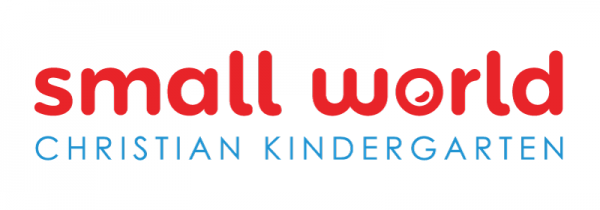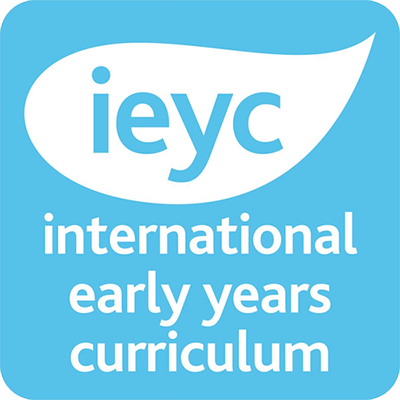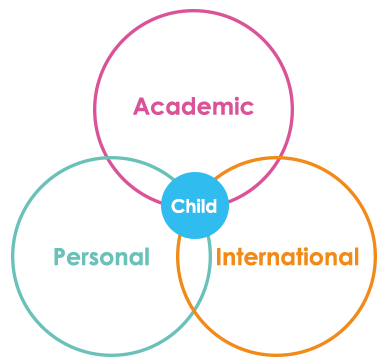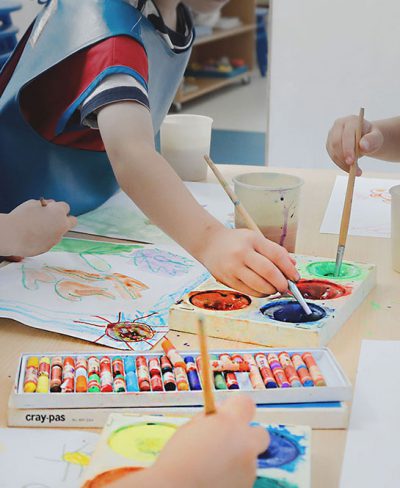At Small World Christian Kindergarten, learning is a joyful, motivating, fun and engaging exploration that opens up a world of wonder for young children where their curiosity and personal interests can flourish. With developmentally appropriate, teacher-scaffolded and child-initiated experiences, each child may develop their knowledge and skills at their own pace, leading to an increasing understanding of themselves, others, God and his creation.
We aim to develop the whole child, using Christ’s development, as summarised in Luke 2:52, as our model: He grew “in wisdom (academically), in stature (physically), in favour with God (spiritually), and in favour with man (socially).”
Play is essential at Small World! We define play as a creative and enjoyable process which takes many forms; it is often free from externally-imposed goals, but can also be purposeful, guided and scaffolded.





